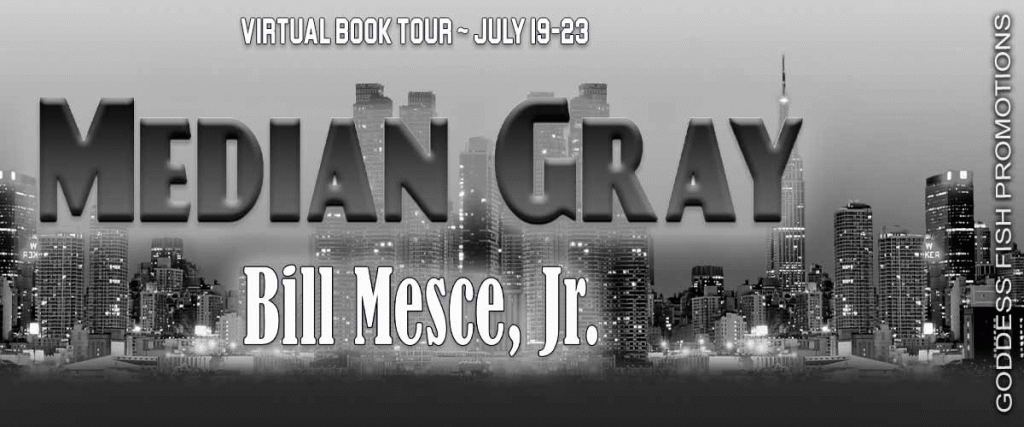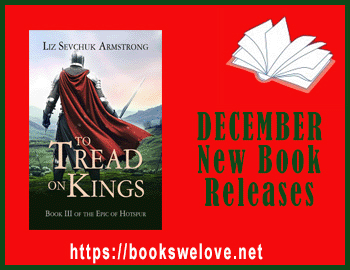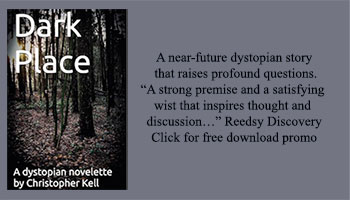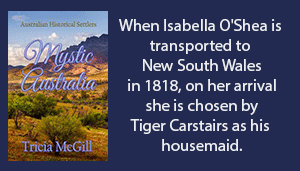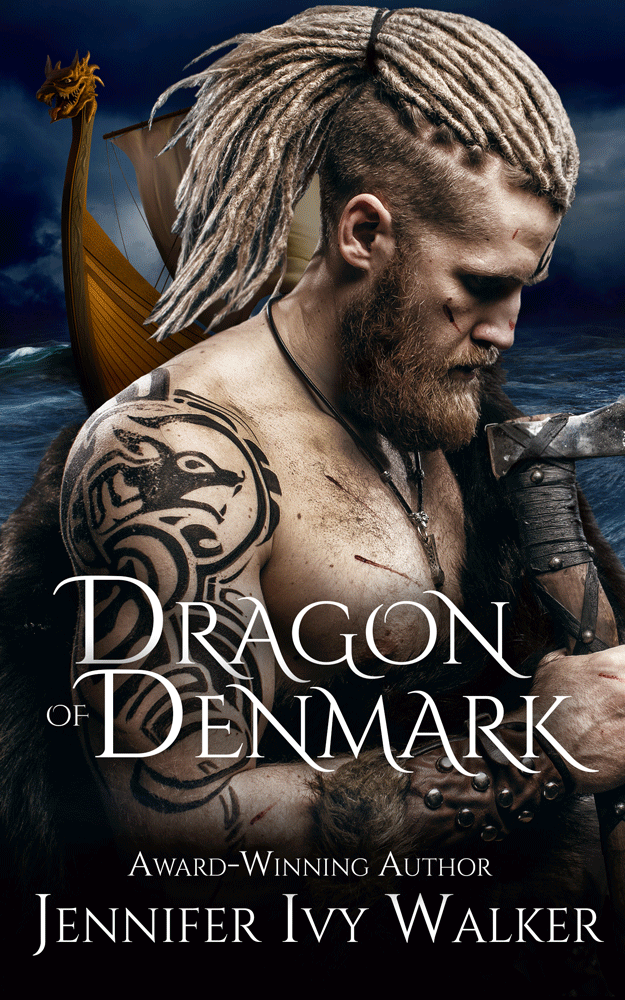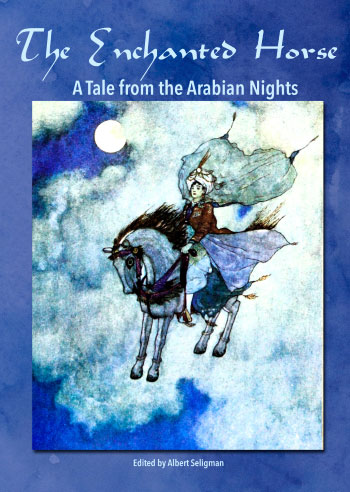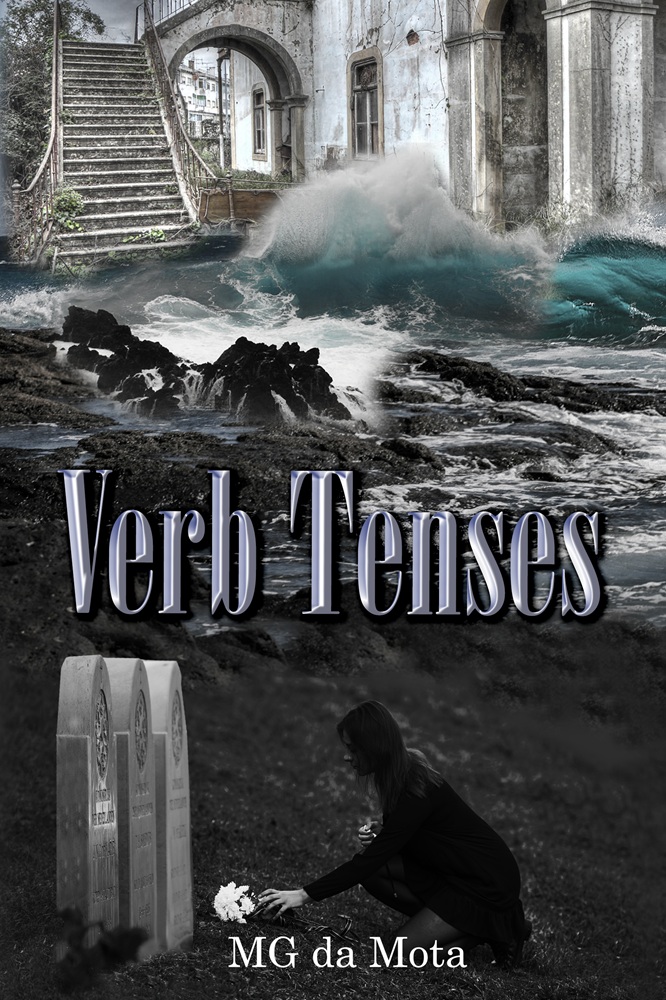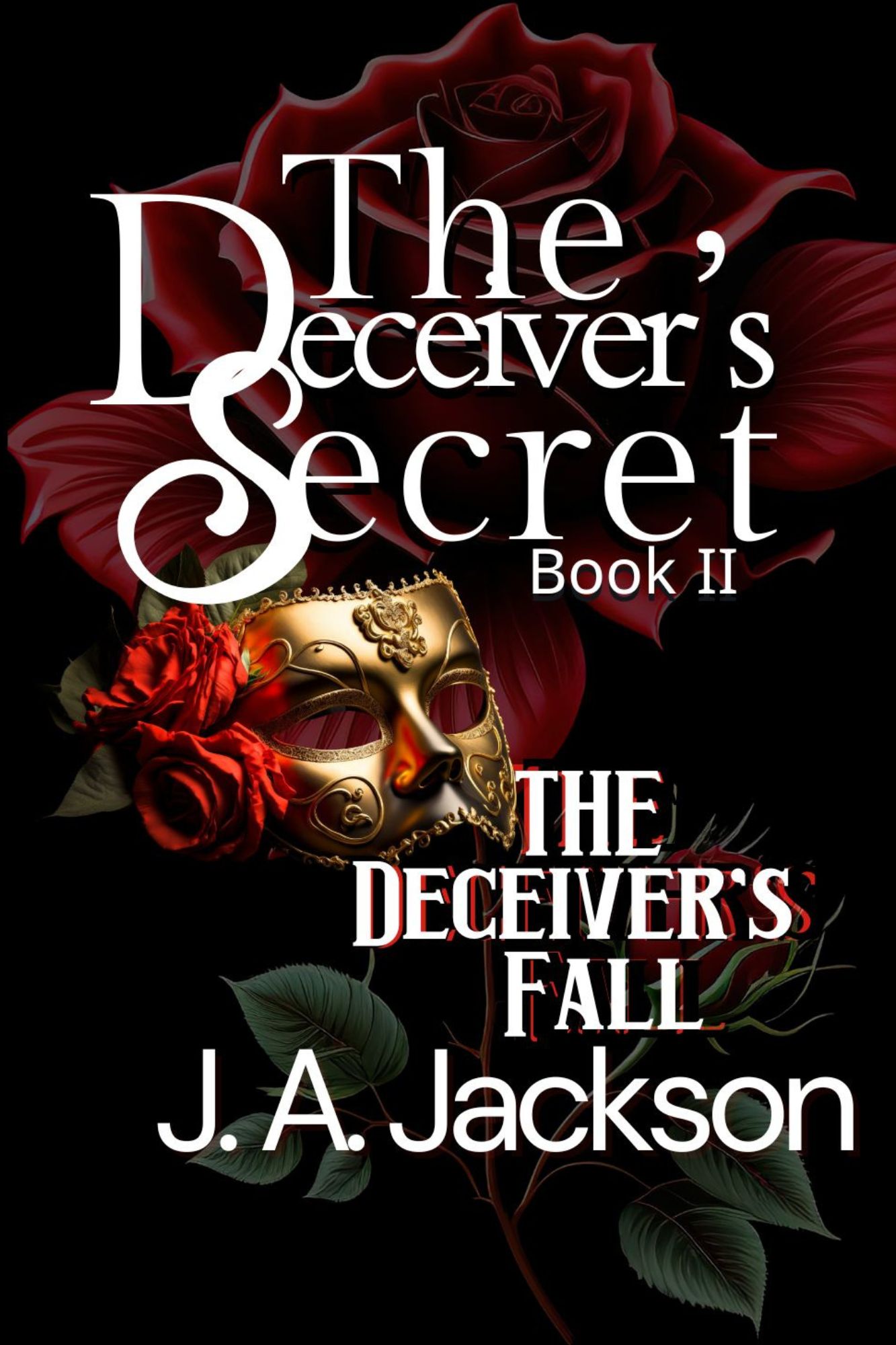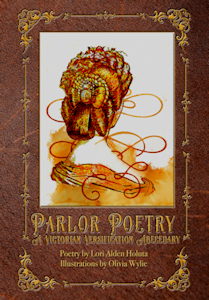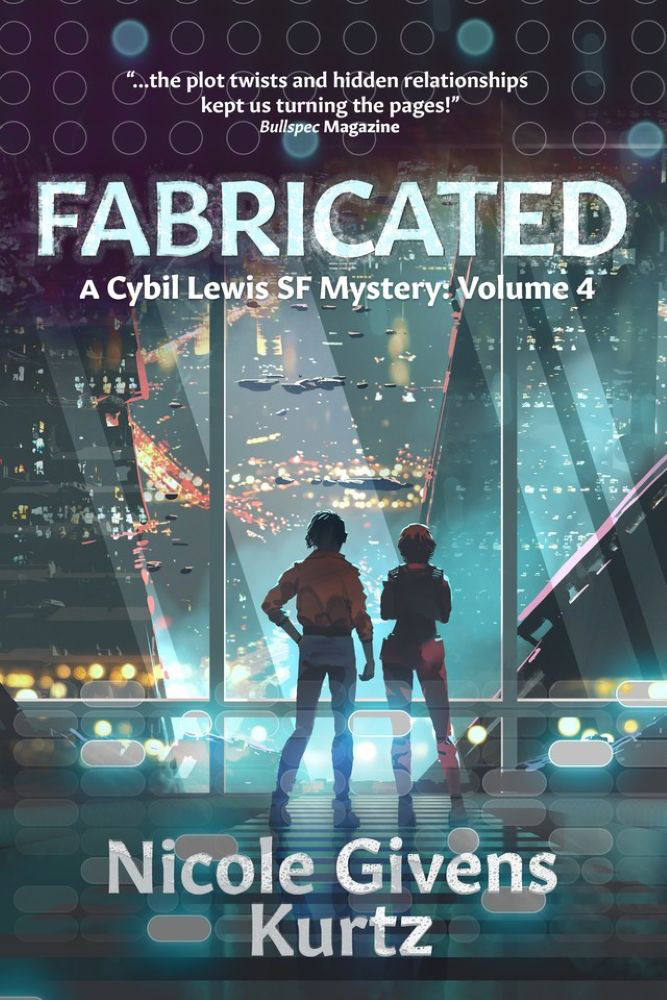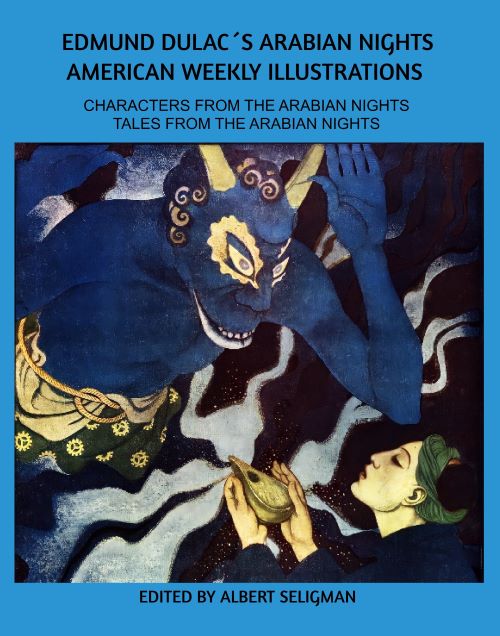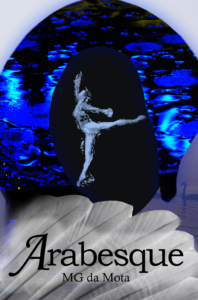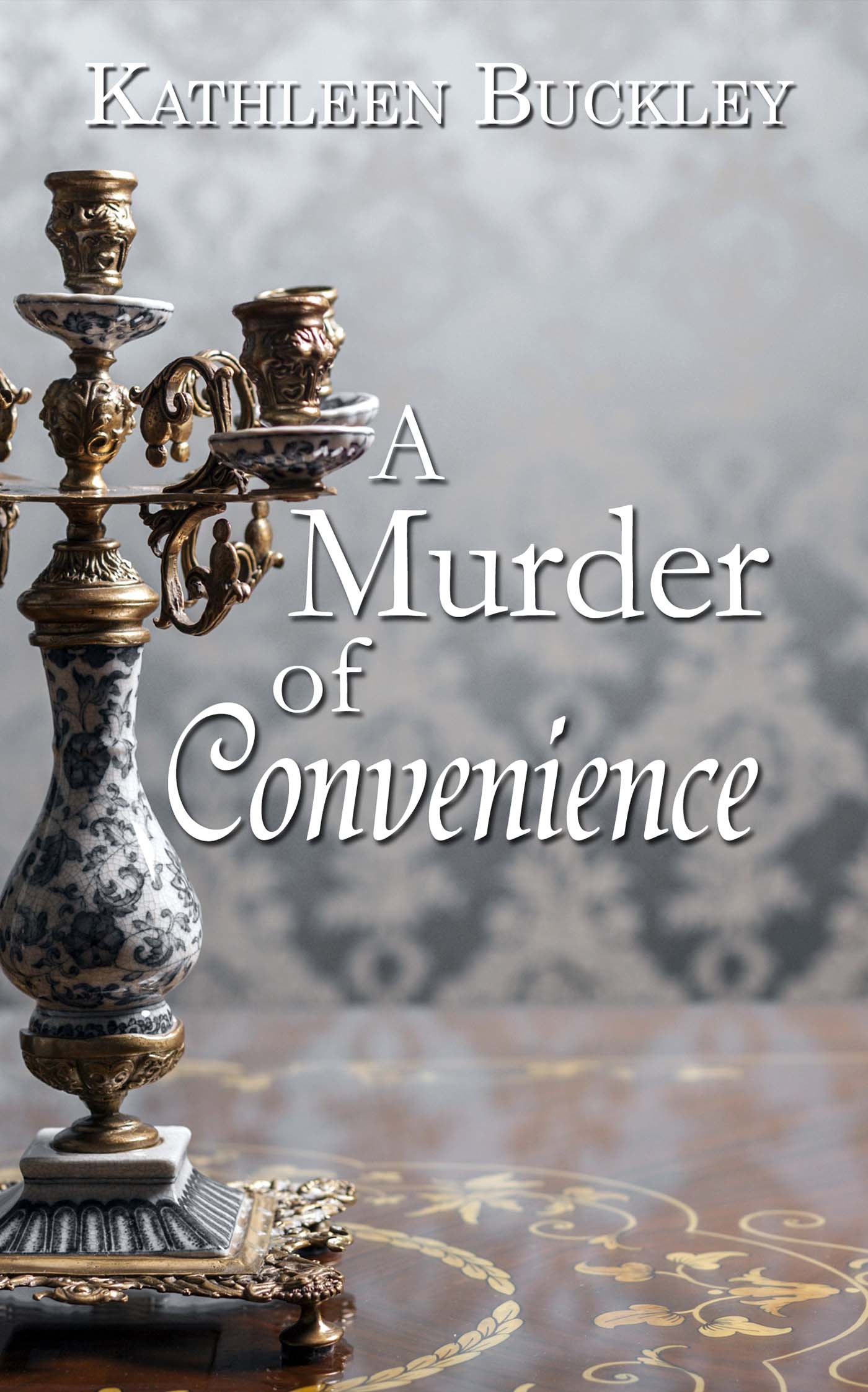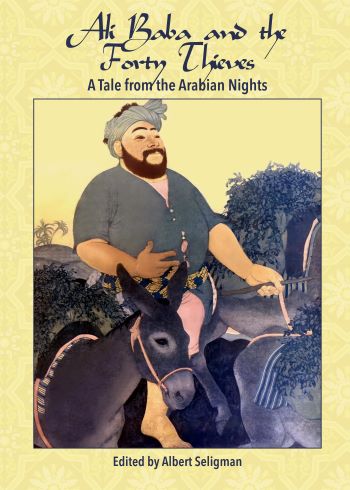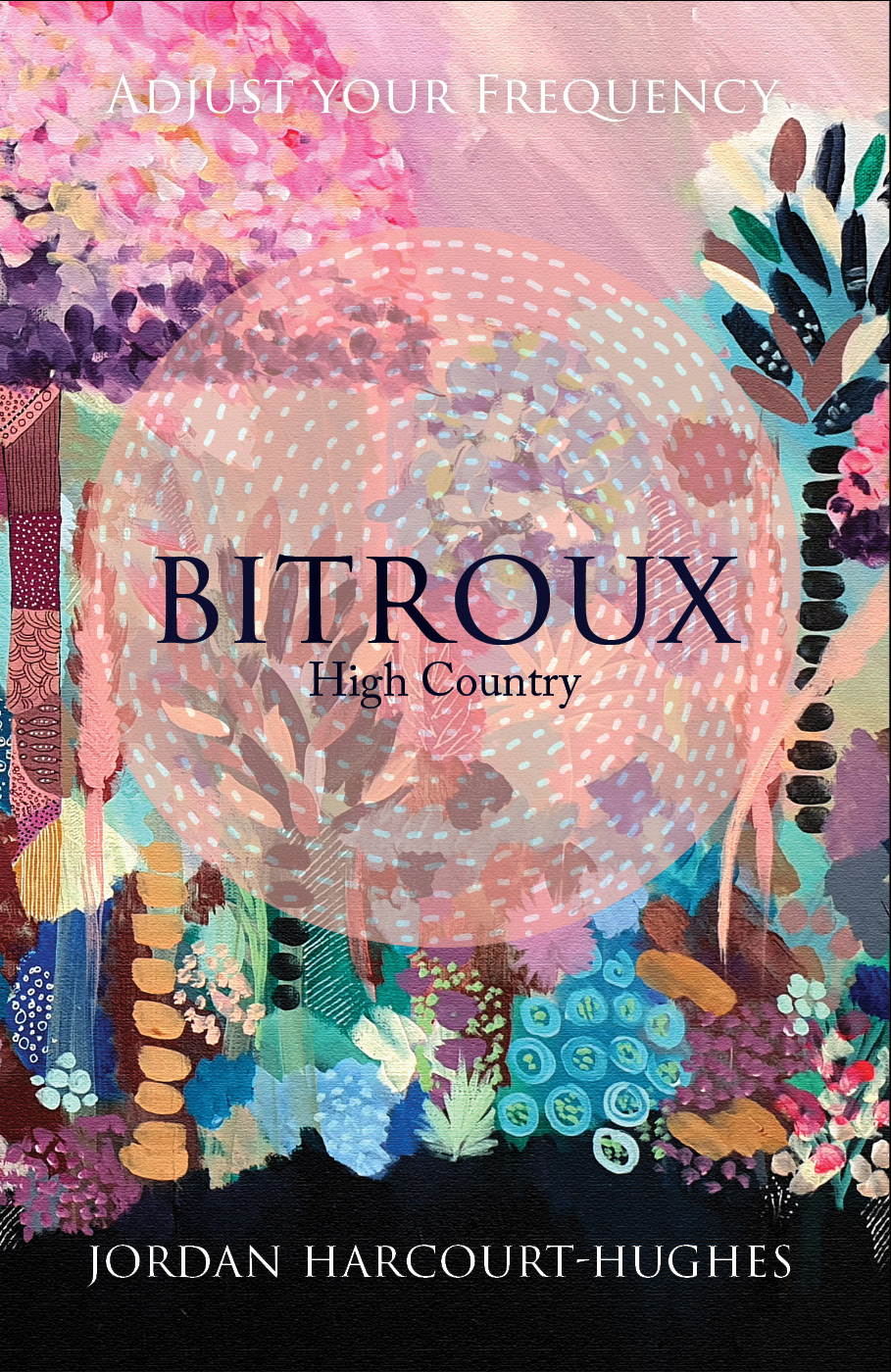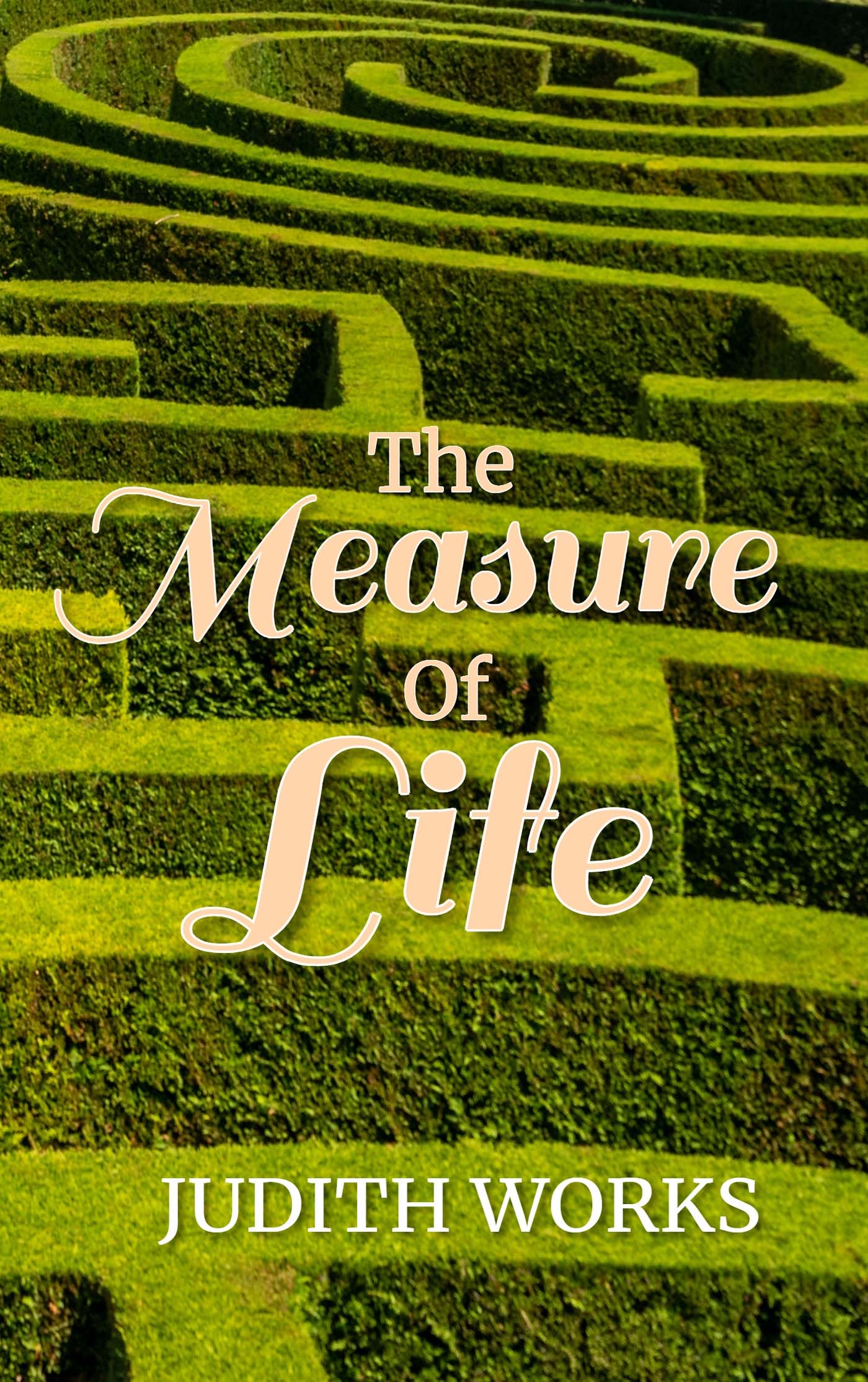This post is part of a virtual book tour organized by Goddess Fish Promotions. Bill Mesce, Jr. will be awarding a $25 Amazon or Barnes and Noble GC to a randomly drawn winner via rafflecopter during the tour. Click on the tour banner to see the other stops on the tour.
A number of elements came together to make Median Gray happen, but the basic foundation came from my own experiences as a twenty-something suburban Jersey kid working in New York City for the first time in an era when the city was more than a little crazy, quite a bit scary, and for all that, exciting…but maybe exciting like a walk through a spookhouse is exciting.
I started working in New York in 1980 and the city had yet to begin its turnaround. This was still the New York I remembered from movies like Midnight Cowboy, The Taking of Pelham 123, The French Connection. In my early years in the city, the 42nd Street and Times Square area seemed like the porn capital of the world. There’s an incident in Median Gray involving a cab on fire in Times Square that’s exactly as how I saw it. In fact, many of the incidents that don’t involve the main plot I took from things I or friends of mine witnessed.
In that period, I was hit by a taxi, saw a series of manhole covers a block from where I worked explode because of a gas leak, caught someone in the act of trying to pick my pocket, missed a bank robbery on the same block as the Empire State Building by ten minutes or so… The list goes on, but it gives you some idea of what the city was like back then.
When I first started dabbling with the novel in the late 1980s, it was sort of a response to what I was seeing. Over the years as I worked through rewrites, it became something else; kind of a nostalgia piece, a way of capturing and reliving those head-spinningly bizarre days. It’s a cliché to say this, but I wanted that New York to be an active character in the story, not just background.
I’ve always been a fan of police stories: dramas, procedurals, mysteries, the whole gamut. Maybe that’s why I’ve also been long fascinated by the police and police work, particularly on the mindset and the psychological wear and tear of being a cop. I’ve read a lot of books about being a cop, I’ve known – and even been related to – a number of police officers. I wanted to try to get that worldview right, even though this is a much more dynamic story than most real-life cops ever experience.
In doing that, I also wanted to puncture that myth of the rogue cop, the Dirty Harry-like rule breaker who cuts through the b.s. to take down bad guys everybody knows are bad guys but who manage to hide behind legal technicalities. That always grated on me a bit as it occurred to me: what if Dirty Harry or the Lethal Weapon cops or any of the popular mavericks weren’t the dead shots they’re always portrayed to be (most cops are not exceptional marksman; Chicago cop Dennis Farina, who went from being a consultant on crime movies like Thief to acting in movies and on TV used to joke he was such a bad shot his colleagues called him “The Great Wounder”). Pop culture maverick cops are unerring in their suspicions, and never miss their targets when they pull the trigger; there’s never any collateral damage to innocent bystanders.
In a busy metropolitan area like New York, well, to be blunt, it just ain’t gonna happen that way, and I wanted to capture just how dangerously messy that kind of citizen wish fulfillment could be.
The last major component was, believe it or not, the 1970s sitcom Barney Miller which was set in a fictional lower Manhattan police precinct. I had remembered a trivia question back during those days that there had been a survey of police officers about which cop show then on TV they felt most accurately reflected the day-to-day sense of what it was like to be a police officer. Their Number One choice was Barney Miller (picked over, if I remember correctly, Police Story and either Baretta or Kojak). Miller, officers felt, captured the camaraderie, the humor (sometimes dark), and the craziness that was routine. That cued me to what the tone of the novel needed to be.
I’ve never written a book that was sparked by one thing. Usually, elements percolate in my head, collide, and when they adhere to each other, at a certain point there’s a conceptual critical mass and then it’s time to sit at the keyboard. That’s what happened with Median Gray.
New York City, Summer 1963
Rookie beat cop Jack Meara is bleeding out on the dirty floor of a tenement hallway – next to the body of another cop. The eyes of the shooter burned into his memory. Meara watches and waits to see the shooter brought to justice, but, instead, “Tony Boy” Maiella climbs up the Mob ranks, slipping off indictments as easily as his designer overcoat. But on the eve of his retirement, Meara decides on one last kamikaze-like try to even the scales of justice.
New York City, 1983
Rookie detective Ronnie Valerio finds himself unknowingly pulled into the wake of Meara’s quest. A go-go palace bartender is being stalked, a body turns up in a neighborhood dumpster, machine guns blaze in the night, a New York bookie turns up dead in the Jersey Pinelands and the only thing they all have in common is, in one way or another, they all tie back to Jack Meara.
How far does a cop go to even a score? How far does a brother cop go to shield him? Is justice worth any price when the line between right and wrong blurs?
Enjoy an Excerpt
He hears a shout upstairs, something panicky about cops out front, feet stumbling down the stairs. He gets up, turns as a figure hurtles around the second-floor landing and down the upper stairs of the first flight. He barely gets his gun up, hasn’t even said anything when they collide, entangle, and there’s one, brief, brilliant second of mental clarity – when he’s swamped by just what an unbelievably fucking bad idea it was to come down that hall – and then that clarity collapses into panic as he and the figure grapple and try to untangle themselves, and then he feels himself losing his balance, falling backward, he reaches a foot back but there’s nothing there and now he’s on his back, his breath punched out of him as he skids down the stairs to the hallway floor.
He’s still got his pistol in his hand but he’s dazed, he can’t get enough breath to move, and he looks up, sees the guy he just wrangled with standing on the landing over McInerney, silhouetted against the soot-streaked window, sees the guy’s right arm coming up and he knows what that means, he fucking knows, and he feels everything from the pit of his stomach down to his groin turn to cold mush, he’s trying to draw in some air, enough to get his own piece up –
There’s a flash. Quick, bright, like lightning. In that flash, dark eyes look down on him, cold fucking hard eyes.
And with the flash…
There’s a POP – a small noise, like a single clap of hands, but in the confines of the hall it sets his ears ringing…
About the Author: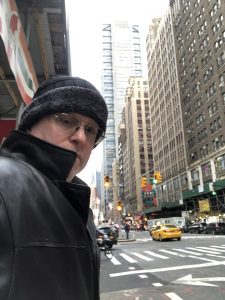 Bill Mesce, Jr. Is an award-winning author and playwright as well as a screenwriter. He is an adjunct instructor at several colleges in his native New Jersey.
Bill Mesce, Jr. Is an award-winning author and playwright as well as a screenwriter. He is an adjunct instructor at several colleges in his native New Jersey.
The book is on sale for only $0.99 at Amazon.
